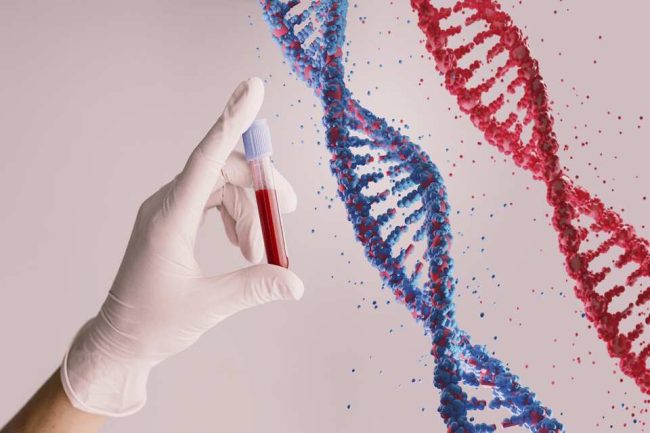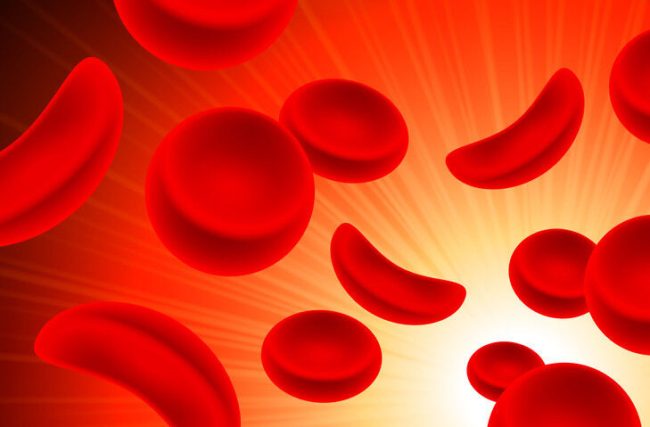
Casgevy: UK approves sickle cell gene-editing medication
UK medical regulators have authorized a gene therapy aimed at treating two blood illnesses, marking a first for the world.
The gene-editing tool Crispr, whose creators were granted the 2020 Nobel Prize, is being used for the first time in a licensed treatment for sickle cell disease and beta thalassemia.
This represents a ground-breaking discovery for two hereditary blood disorders caused by mutations in the hemoglobin gene.

Because sickle cell disease patients’ red blood cells do not live as long as healthy blood cells do and because they can clog blood vessels, which can lead to pain and potentially fatal infections, sickle cell disease patients produce red blood cells with odd shapes.
Red blood cells use hemoglobin, which is produced in excess by those who have beta thalassemia, to carry oxygen throughout the body. Every few weeks throughout their lifetimes, patients with beta thalassemia frequently require blood transfusions. Genes hold the instructions for how each and every cell in our body functions. DNA is the blueprint of life.
DNA can be precisely manipulated thanks to gene editing. Bone marrow stem cells are extracted from the patient’s blood as part of the treatment.
Molecular scissors are used by the gene-editing tool Crispr in a lab to precisely cut the cells’ DNA, rendering the defective gene inoperable. Reintroducing the altered cells into the body enables it to begin manufacturing functional hemoglobin.
In clinical studies, 39 of 42 beta thalassemia patients no longer required blood transfusions for at least a year, and 28 out of 29 sickle cell patients experienced no severe discomfort. We’re hoping this is a long-term solution.

In the US, France, Germany, Italy, and the UK, trials are still ongoing.
The adult and pediatric UK trials are being led by Prof. Josu de la Fuente of the Imperial College Healthcare NHS Trust. This is the kind of technology you read in science fiction books and you never thought would be reality, he told the BBC, expressing his joy that the medication had received a license. “Here we are in my professional life being able to be part of the story and deliver it to patients.
Sickle cell disease affects about 15,000 people in the UK, the majority of whom having African or Caribbean ancestry. Every year, about 300 newborns in the UK are diagnosed with sickle cell disease.
The UK has about 1,000 individuals with thalassemia. Primarily individuals with Middle Eastern, Southeast Asian, and Mediterranean ancestry.
